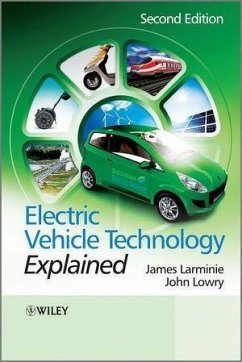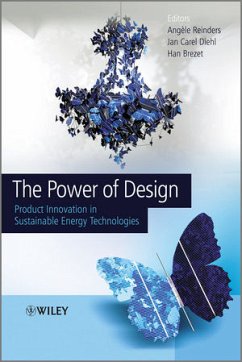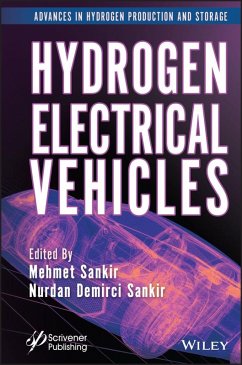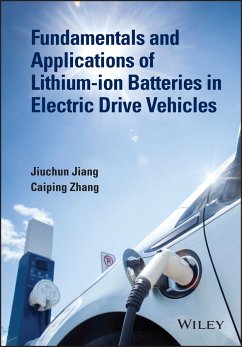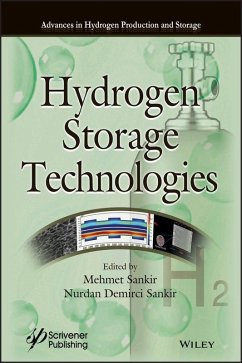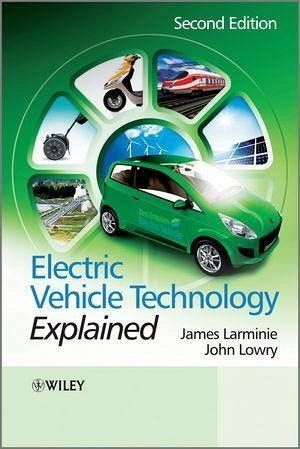
Electric Vehicle Technology Explained (eBook, ePUB)
Versandkostenfrei!
Sofort per Download lieferbar
95,99 €
inkl. MwSt.
Weitere Ausgaben:

PAYBACK Punkte
0 °P sammeln!
Fully updated throughout, Electric Vehicle Technology, Second Edition, is a complete guide to the principles, design and applications of electric vehicle technology. Including all the latest advances, it presents clear and comprehensive coverage of the major aspects of electric vehicle development and offers an engineering-based evaluation of electric motor scooters, cars, buses and trains. This new edition includes: * important new chapters on types of electric vehicles, including pickup and linear motors, overall efficiencies and energy consumption, and power generation, particularly for zer...
Fully updated throughout, Electric Vehicle Technology, Second Edition, is a complete guide to the principles, design and applications of electric vehicle technology. Including all the latest advances, it presents clear and comprehensive coverage of the major aspects of electric vehicle development and offers an engineering-based evaluation of electric motor scooters, cars, buses and trains. This new edition includes: * important new chapters on types of electric vehicles, including pickup and linear motors, overall efficiencies and energy consumption, and power generation, particularly for zero carbon emissions * expanded chapters updating the latest types of EV, types of batteries, battery technology and other rechargeable devices, fuel cells, hydrogen supply, controllers, EV modeling, ancillary system design, and EV and the environment * brand new practical examples and case studies illustrating how electric vehicles can be used to substantially reduce carbon emissions and cut down reliance on fossil fuels * futuristic concept models, electric and high-speed trains and developments in magnetic levitation and linear motors * an examination of EV efficiencies, energy consumption and sustainable power generation. MATLAB® examples can be found on the companion website href="http://www.wiley.com/go/electricvehicle2e">www.wiley.com/go/electricvehicle2e Explaining the underpinning science and technology, this book is essential for practicing electrical, automotive, power, control and instrumentation engineers working in EV research and development. It is also a valuable reference for academics and students in automotive, mechanical, power and electrical engineering.
Dieser Download kann aus rechtlichen Gründen nur mit Rechnungsadresse in D ausgeliefert werden.



